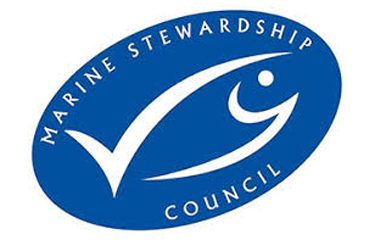NGOs support MSC plan to close compartmentalization loophole

A Marine Stewardship Council decision to remove the possibility for vessels to harvest both certified and non-certified catch using different gear practices at the same time, known as compartmentalization, has been lauded by NGOs who pushed for the change.
The decision came about through the MSC’s fisheries standards review, a review of the organizations standards that occurs every five years. The current review started in 2018. Compartmentalization has been criticized by NGOs and environmental groups, and an earlier attempt to propose a policy reform prohibiting the practice failed to pass in 2018.
At the time of the decision’s failure, many groups asserted that it would be difficult to operationalize, resulting in stakeholders failing to approve a change that would disallow compartmentalization.
The issue, according to the “On The Hook campaign” – which pushed the MSC to remove the loophole allowing the practice of compartmentalization – was that it created a double standard that gave vessels a sustainable certification even though those vessels engaged in unsustainable practices.
“Compartmentalization on the basis of fishing practice represents a gaping loophole in the MSC’s standard,” Callum Roberts, professor of marine conservation at the University of York and an On The Hook campaign member, said. “It rewards good fishing practices with certification while allowing vessels to continue unsustainable and damaging fishing methods alongside. Treating the two practices as separate fisheries undermines the credibility of MSC certification and its ability to drive improvement across the entire fishery.”
However, according to a release from the MSC, the new fisheries certification process will remove the possibility of vessels catching both certified and non-certified catch at the same time.
“Among the changes in the updated fisheries certification process (FCP) are: stringent requirements to eliminate shark-finning in MSC-certified fisheries; removing the possibility for a vessel to catch both certified and non-certified catch using different practices, (known as compartmentalization) and improving the transparency of assessment procedures,” the MSC wrote.
The decision is being applauded by NGOs who fought to have the practice removed.
“It should not have taken the MSC so long to get to this stage, but we welcome this change,” Frédéric Le Manach, the director of the nonprofit marine advocacy group BLOOM and an On The Hook member, said.
Still, even with the reforms, the On The Hook campaign said in a press release it remains wary the MSC could still be leaving a loophole in place that could result in similar unsustainable fishing practices.
“The last round of consultation on the updated FCP suggested that, while ‘fishing practices’ would be removed from the definition of unit of assessment, ‘the geographical area where fishing occurs’ could be added,” Manach said. “We have requested clarification from the MSC as to whether this line is included in the finalized version of the FCP – if so, they must also clarify that this does not serve to introduce a new form of compartmentalization. Similarly, when these changes will be implemented for certified fisheries, fisheries in assessment and fisheries entering assessment.”





Share